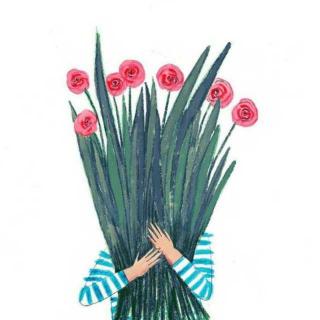
介绍:
In a virtually empty stadium, the Opening Ceremony of the Tokyo Olympics is happening on a global stage as the world still grapples with the grief and anxiety brought on by a pandemic that continues to rage.
Olympic organizers are attempting to reflect that universal struggle by putting on a more subdued affair than usual, celebrating the world's top athletes coming together to compete and sending a message of hope at a time of isolation.
The ceremony marks the official start of the Games, which were postponed due to the pandemic.
But a year on, the majority of Japanese people see the Olympics as an unnecessary danger that puts the population's health at risk while depriving them of any of the joy of hosting the Games — namely attending and showcasing the beauty of their country. Protesters have gathered today on the streets of Tokyo.
The majority of the program is made up of the "Parade of Athletes," which will welcome competitors arriving from across the globe. They're coming from very different realities, and with varying access to vaccines. In Japan, less than a quarter of the population is fully vaccinated.
The elaborate ceremony will preach a message of unity in adversity while showcasing Japanese traditions and culture recognized across the globe — traditions that include anime and video games. Japanese celebrities will perform and the Emperor of Japan will appear.
The ceremony highlights Japanese traditions and culture
From manga to Mt. Fuji, Japanese art and culture will be on full display during the ceremony.
When the athletes enter the stadium, the sound of video game theme music will play, and placards featuring manga designs will announce them.
The main stage is meant to symbolize Mt. Fuji.
A percussion and dance performance will highlight a traditional work song used by firefighters in old Tokyo. The ceremony will also showcase a famous performer of kabuki, is a style of theater famous in Japan.
The Olympic rings are made out of wood, using a traditional Japanese style of craftsmanship called yosegi-zaiku. The wood comes from trees planted by athletes when Japan last hosted the Olympics, in 1964.
The ceremony will also feature pictograms symbolizing different sports that were first used during the 1964 Games.
大家还在听

